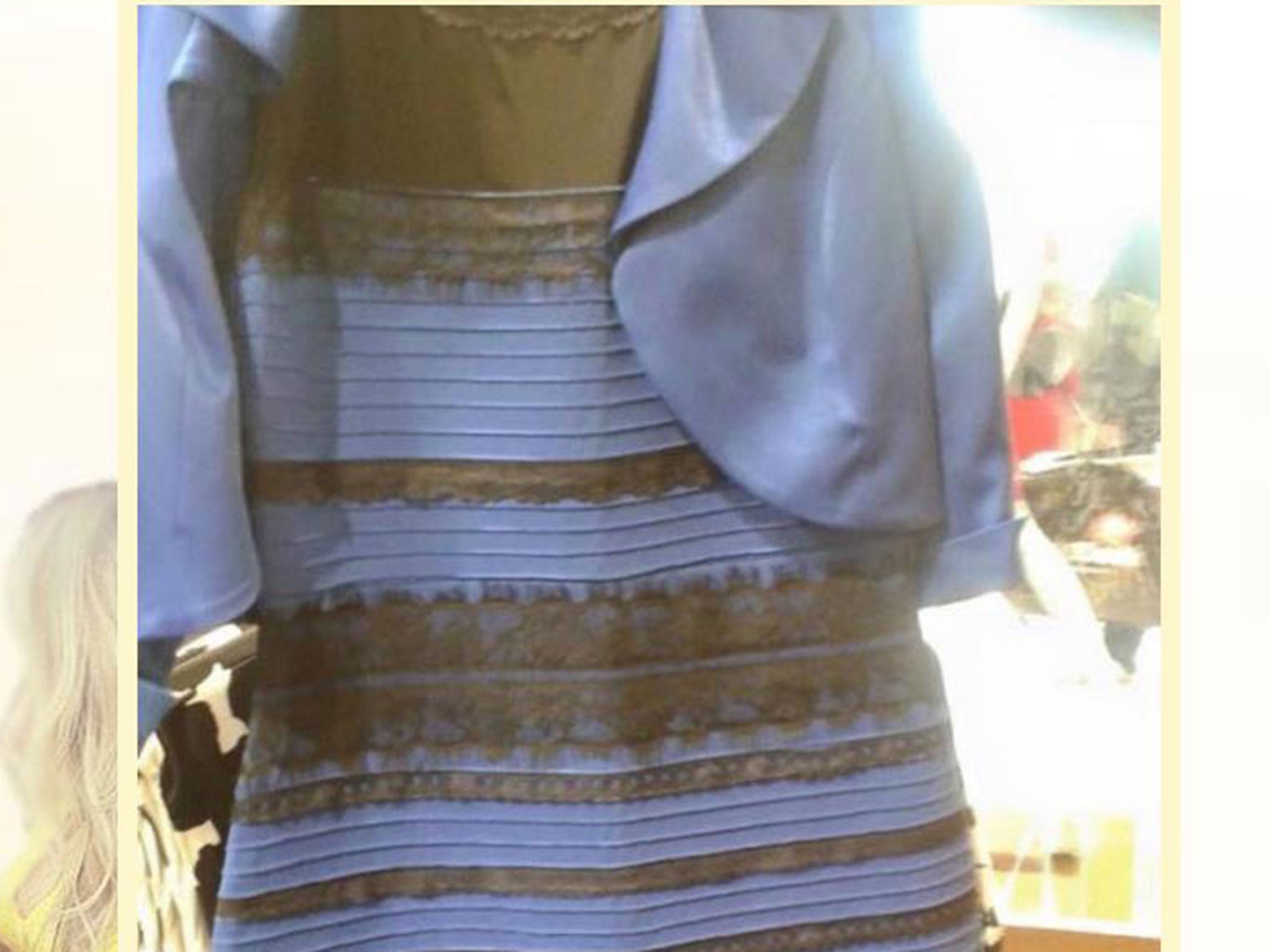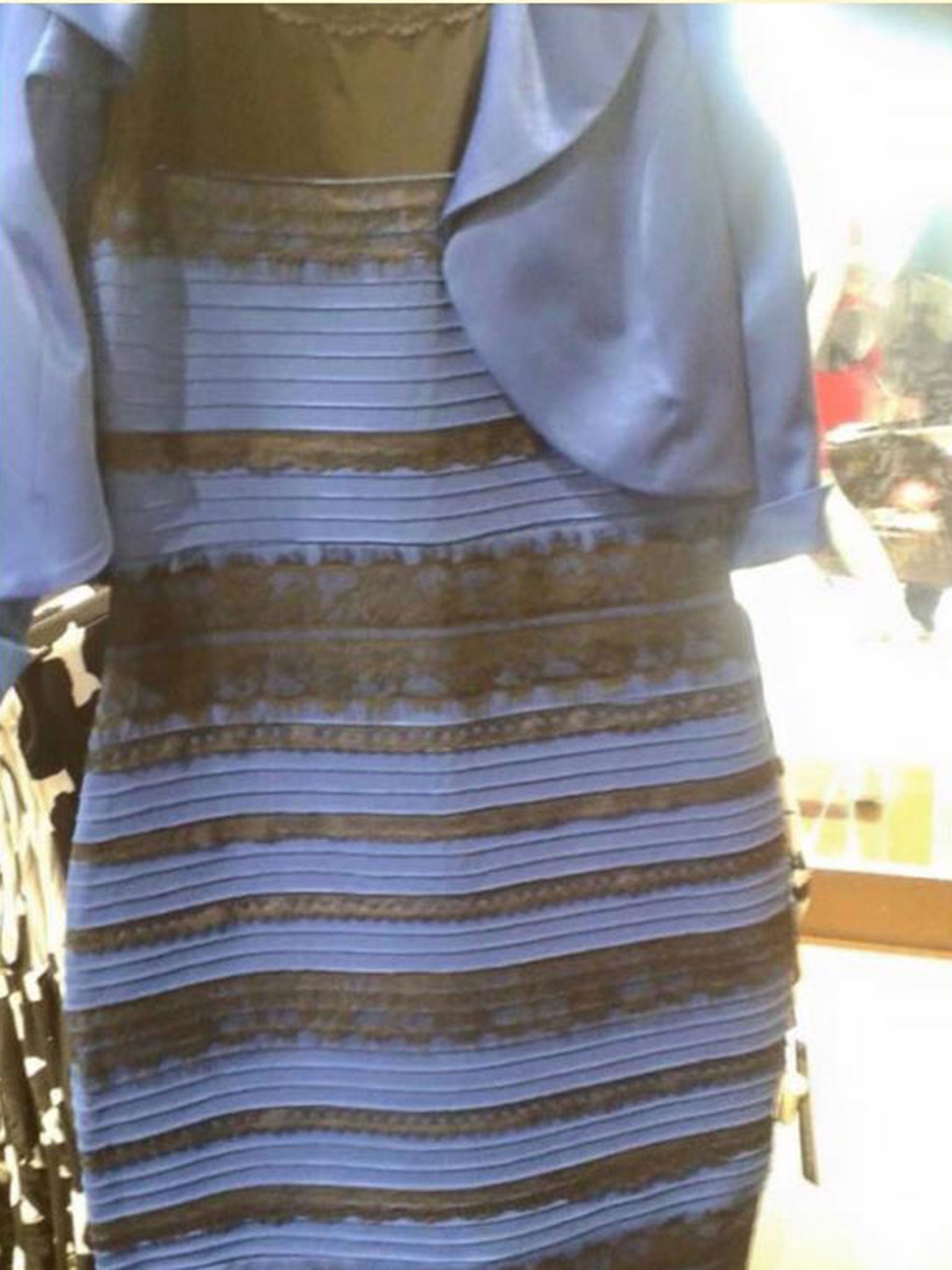White and gold or blue and black? The dress has confused the internet but science has the answer
Most people see the dress as either blue and black or gold and white

Your support helps us to tell the story
From reproductive rights to climate change to Big Tech, The Independent is on the ground when the story is developing. Whether it's investigating the financials of Elon Musk's pro-Trump PAC or producing our latest documentary, 'The A Word', which shines a light on the American women fighting for reproductive rights, we know how important it is to parse out the facts from the messaging.
At such a critical moment in US history, we need reporters on the ground. Your donation allows us to keep sending journalists to speak to both sides of the story.
The Independent is trusted by Americans across the entire political spectrum. And unlike many other quality news outlets, we choose not to lock Americans out of our reporting and analysis with paywalls. We believe quality journalism should be available to everyone, paid for by those who can afford it.
Your support makes all the difference.The internet has been divided into two warring tribes by a picture of a dress functioning as an accidental colour perception experiment.
#TheDress, as it has become known, was spotted by a blogger who turned to Tumblr for help when the garment started an argument among her friends.
“Guys please help me — is this dress white and gold, or blue and black? Me and my friends can’t agree and we are freaking the f*** out,” Swiked wrote.
Update: An eyewitness who saw the dress speaks
Buzzfeed picked up the post and the freaking out has spread worldwide as the #blackandblue team failed to understand how the #whiteandgold team were looking at the same photo.

Essentially we are all individually wired to see the dress in different colours and squinting, changing brightness and switching computers will do nothing to help you.
As Wired helpfully explains, different wavelengths of light that correspond to different colours enter our eye through the lens and hit the retina, where pigments fire up neural connections to the visual cortex, allowing the brain to form those signals into an image.
Our brain intuitively filters out backgrounds and lighting in order to see the “true” colour of an object but the bluish tint of the photo is affecting that ability.
Join our commenting forum
Join thought-provoking conversations, follow other Independent readers and see their replies
Comments